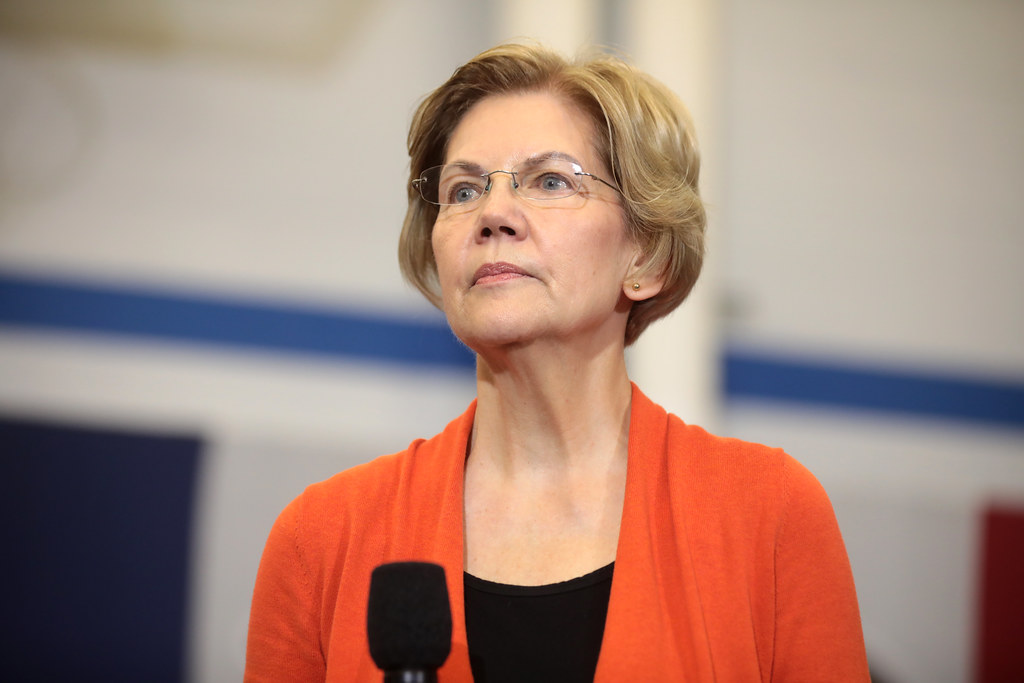Senator Elizabeth Warren has confirmed she will participate in two debates with Republican candidate John Deaton in the lead-up to the November election for the Massachusetts Senate seat. This decision follows Deaton’s primary victory on September 3rd, sparking discussions on the potential debate topics, including the contentious issue of cryptocurrency regulation.
After securing the Republican nomination, Deaton proposed an ambitious schedule of five single-issue debates, covering immigration, the economy, income inequality, women’s reproductive rights, and foreign wars. He expressed concern that limiting the discussion to two debates would not adequately address the various critical issues facing the nation. “The country faces multiple crises, and trying to cram all the issues into two short debates is a disservice to voters,” Deaton stated.
Crypto as a Potential Debate Topic
Deaton, a lawyer known for his support of Ripple and other crypto firms against SEC litigation, has significant backing from key figures in the cryptocurrency industry, including Gemini co-founders Cameron and Tyler Winklevoss and the Commonwealth Unity Fund PAC. His stance on cryptocurrency could bring digital assets to the forefront of debate topics, especially given Senator Warren’s well-documented skepticism of the crypto industry.
Warren’s campaign has been vocal about the influence of “crypto billionaires” and corporate interests in the election, painting the race as a choice that could affect the balance of power in the Senate. “A small handful of crypto billionaires and corporate special interests poured more than $2 million into a super PAC to handpick their preferred Republican candidate, and now Massachusetts voters have a clear choice that could determine control of the Senate,” said Warren’s campaign manager, Janice Rottenberg.
Warren’s Stance on Crypto
Since her election to Congress in 2013, Warren has been a prominent critic of the cryptocurrency industry, linking digital assets to illicit activities and pushing for stringent regulations, such as the Digital Asset Anti-Money Laundering Act. Her positions have set the stage for potential discussions on the regulation and future of digital assets in the upcoming debates.
Election Implications
The debates between Warren and Deaton are set against a backdrop of broader political implications, with cryptocurrency and blockchain technology becoming significant issues in the 2024 presidential race. With the general election approaching on November 5, where Warren reportedly holds a 23-point lead over Deaton, the debates could sway voters concerned about innovation and regulation in the digital asset space.
| Candidate | Stance on Crypto | Notable Support | Proposed Debate Topics |
|---|---|---|---|
| Elizabeth Warren | Critical, supports strong regulation | Traditional Democratic base, anti-crypto PACs | Economy, healthcare, Supreme Court rights |
| John Deaton | Supportive, against stringent SEC actions | Crypto industry leaders, Republican base | Immigration, economy, digital assets |
As Massachusetts prepares for these pivotal Senate debates, the focus on cryptocurrency regulation underscores the evolving landscape of American politics where digital asset policy is increasingly prominent. The outcomes of these debates could influence broader discussions on the role of technology and innovation in government regulation, making them crucial for voters interested in the future of finance and technology in the United States.
As the debates approach, both candidates will likely sharpen their positions, potentially using the platform to outline their visions for the future of technology, economy, and governance in America.










